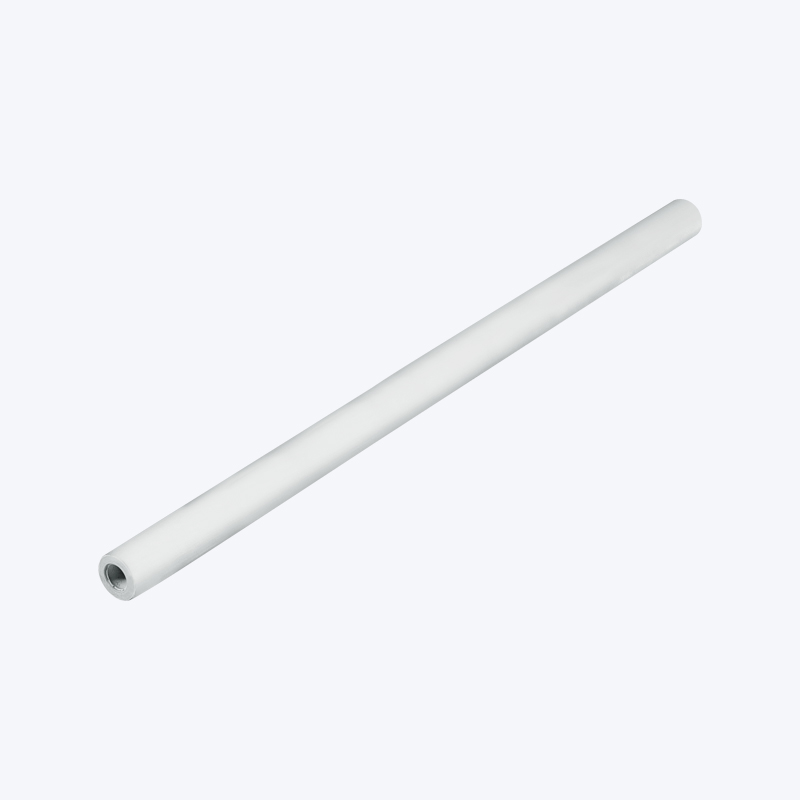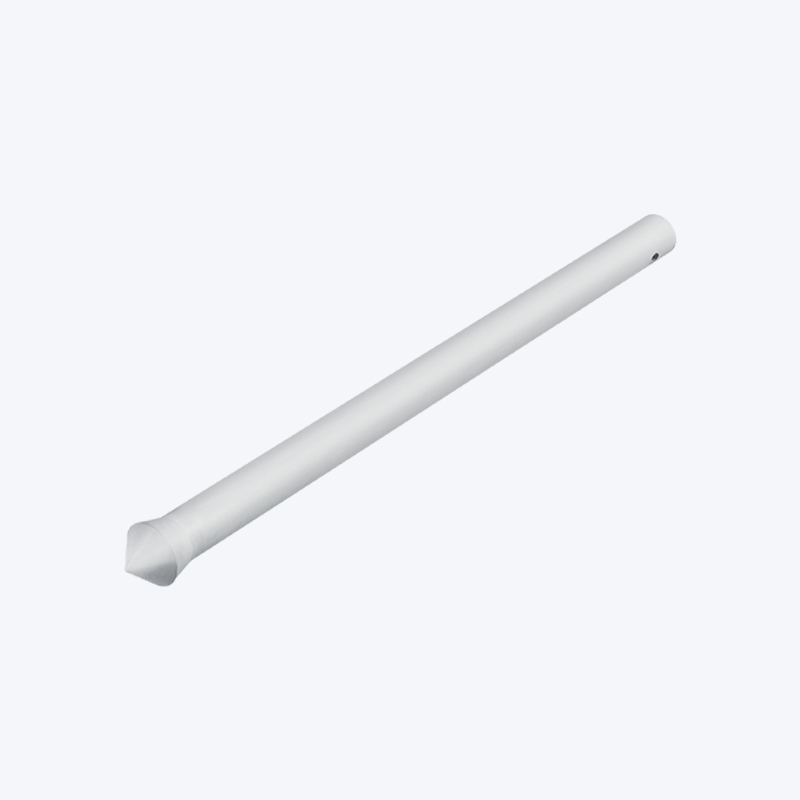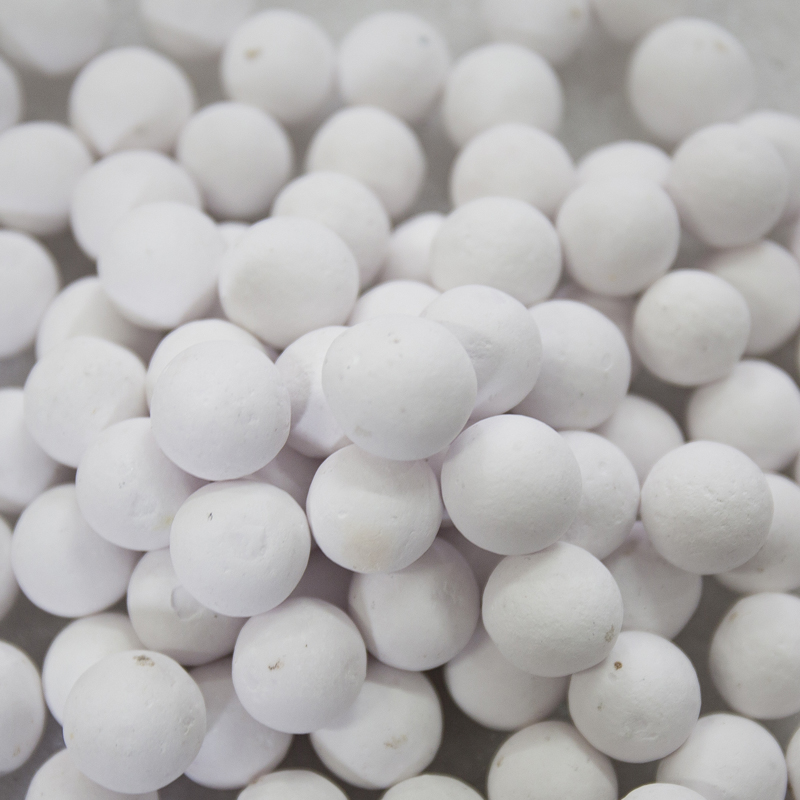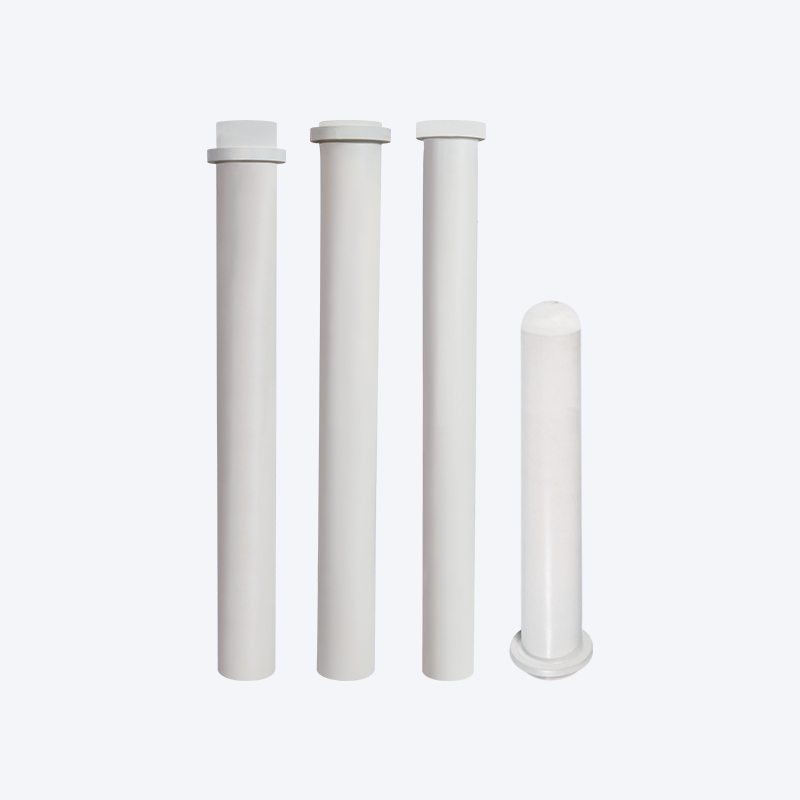Is silicon nitride a good electrical insulator?
In the world of advanced materials, Silicon Nitride Ceramics are celebrated for their exceptional mechanical and thermal properties. However, a frequently asked question, especially in electronics and high-temperature applications, is whether this material also performs well as an electrical insulator.
The short answer is: Yes, silicon nitride is an excellent electrical insulator.
Understanding the Insulating Properties of Silicon Nitride
To be an effective electrical insulator, a material must resist the flow of electric current. This resistance is measured by its electrical resistivity—the higher the resistivity, the better the insulator. Silicon nitride () possesses a very high volume resistivity, typically in the range of to ohm-cm at room temperature. For context, this is comparable to or even better than many traditional insulating ceramics like alumina () and zirconia ().
What makes silicon nitride so effective at blocking electric current? The answer lies in its unique atomic structure. Silicon and nitrogen atoms form strong, covalent bonds that create a large band gap. The band gap is the energy required to free electrons from their atoms to conduct electricity. Because silicon nitride has a wide band gap, it requires a significant amount of energy to create free electrons, making it an ideal material for applications where electrical conductivity is a major concern.
Key Factors and Applications
The insulating properties of Silicon Nitride Ceramics are not just theoretical; they are critical to its use in many high-tech fields.
-
High-Temperature Performance: One of the most significant advantages of silicon nitride is its ability to maintain its electrical resistivity even at very high temperatures. While many materials see a dramatic drop in their insulating capabilities as they heat up, silicon nitride maintains its integrity, making it suitable for high-power electronics, sensors, and components in extreme thermal environments, such as those found in engines and industrial furnaces.
-
Dielectric Strength: This is another crucial metric for insulators, measuring a material's ability to withstand an electric field without breaking down. Silicon nitride has a very high dielectric strength, which means it can be used in high-voltage applications without the risk of arcing or current leakage. This property is highly valued in the production of electronic substrates and power semiconductor packaging.
-
Mechanical and Thermal Stability: The combination of excellent electrical insulation with superior hardness, wear resistance, and thermal shock resistance makes Silicon Nitride Ceramics a go-to material for a wide range of demanding applications. For instance, in hybrid and electric vehicles, it is used in bearings and power modules where it must not only withstand high mechanical loads and temperatures but also provide electrical isolation to prevent stray currents that could damage sensitive components.

When is it Used as an Insulator?
The dual functionality of mechanical strength and electrical insulation makes silicon nitride particularly valuable in specific industries:
-
Electronics: It is used as a substrate for integrated circuits and in packaging for power electronics where it provides a heat-dissipating, electrically isolating base.
-
Automotive: In electric vehicle (EV) motors and inverters, silicon nitride bearings prevent a phenomenon known as "fluting," an electrical discharge that can damage traditional steel bearings.
-
Aerospace: High-temperature sensors and components for jet engines and spacecraft rely on silicon nitride to function reliably under extreme heat and electrical stress.
In conclusion, while Silicon Nitride Ceramics are primarily known for their toughness and thermal resistance, their exceptional electrical insulating properties are a cornerstone of their value in modern engineering. Their ability to maintain high resistivity and dielectric strength in harsh environments makes them a superior choice for a variety of critical applications.
Contact Us for Quotes and Prices!
Just let us know what you want, and we will get in touch with you as soon as possible!

 English
English 简体中文
简体中文












